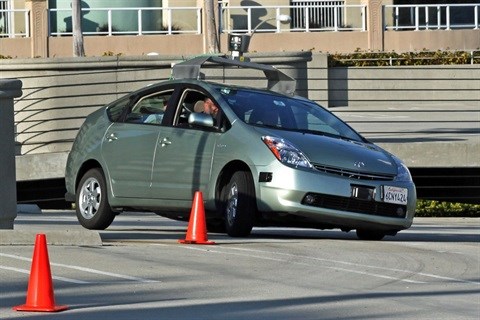
Top stories




Marketing & MediaWarner Bros. was “nice to have” but not at any price, says Netflix
Karabo Ledwaba 1 day


More news

Logistics & Transport
Maersk reroutes sailings around Africa amid Red Sea constraints
















However, a UK study from Churchill Car Insurance revealed that the majority of British drivers surveyed say they wouldn't purchase a driverless car, and 25% believed that autonomous vehicles will not be safe.
"Driverless cars are not just science fiction anymore but an actual reality," says John October, spokesperson for Dial Direct Insurance. "In fact, Google is already working toward putting a car on the market that would change the landscape of the auto industry. Lacking a gas pedal and adorned with sensors, the latest prototype looks nothing like the cars on the road today. Over and above that, the company envisions a network of self-guided cars in urban areas which you would summon by a smartphone app to take you wherever you need to go."

Safer cars and fewer accidents could mean cheaper insurance. "The interest in autonomous vehicles peaked when the possibility of cheaper insurance was presented, with 38% of respondents saying they would 'very likely' buy a self-driving car if insurance were 80% cheaper. Nearly a third of respondents said they would be happy not to drive themselves if a driverless car was available," says October.
According to another study by the Eno Centre for Transportation, driverless cars could make automobile travel safer. Despite those doubts, consumers believe driverless cars are the future, with 73% saying drivers in 2040 would not operate cars in a way that is familiar to drivers today.
"Understandably, there is a still a certain mistrust of technology as 76% of those surveyed would not trust this type of car to take their children to school. 61% also said that a computer is not capable of the same decision-making abilities behind the wheel as a human in split second incidents on the road," says October.
"Despite the survey results, it's obvious that driverless cars have a long way to go before they win our confidence. Although we're already on the path to this future, there are still a lot of advances that technology needs to make before driverless cars are on the road," concludes October.